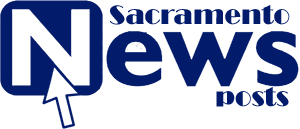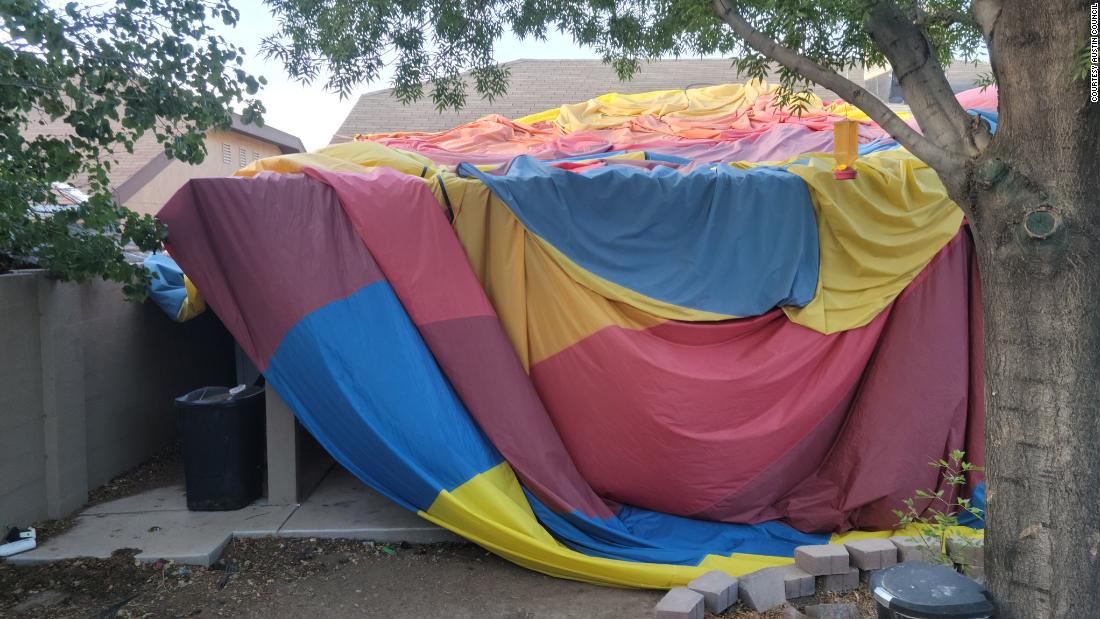Why Coronavirus Is the Best Time to Take up Political History
The coronavirus pandemic has swept across the globe, leaving in its wake unprecedented challenges and disruptions to various aspects of life. As individuals adjust to the new normal, there arises an opportunity to explore different areas of interest that were previously overlooked. One such area is political history. In this article, we will delve into why the coronavirus presents the perfect opportunity to take up political history as a valuable and enlightening pursuit.
Understanding the Impact of Coronavirus on Politics
The impact of the coronavirus (COVID-19) on politics has been significant and far-reaching, affecting various aspects of governance and shaping political landscapes around the world. Here are some key ways in which the pandemic has influenced politics:
Public Health Policies: The pandemic has forced governments to prioritize public health and implement stringent measures to control the spread of the virus. Leaders have had to make critical decisions regarding lockdowns, social distancing guidelines, mask mandates, and vaccination campaigns. These policies have become politically charged, leading to debates and divisions among different political factions.
Government Response: The handling of the pandemic has become a crucial factor in evaluating political leadership. The effectiveness and efficiency of government responses to the crisis have had a direct impact on public opinion and trust in political leaders. Success or failure in managing the pandemic has influenced election outcomes and approval ratings of politicians.
Economic Impact: The pandemic has caused severe economic disruptions, including business closures, job losses, and recessions. Governments have had to develop economic recovery plans and provide financial assistance to individuals and businesses. The economic impact has influenced political discussions around issues such as unemployment benefits, stimulus packages, and income inequality.
Social and Political Divisions: The pandemic has exacerbated existing social and political divisions within societies. Debates have emerged over issues like the balance between public health and personal freedoms, the role of scientific expertise in decision-making, and the fairness of vaccine distribution. These divisions have often aligned with existing political fault lines, leading to polarization and heightened political tensions.
International Relations: The pandemic has had implications for global politics and international cooperation. It has highlighted the importance of collaboration between countries in managing health crises, but it has also strained relations between nations. Accusations, blame games, and vaccine nationalism have affected diplomatic relations and cooperation on issues beyond public health.
Election Campaigns and Voting: The pandemic has disrupted election campaigns and voting processes worldwide. Many countries had to postpone or modify elections, adopt remote voting mechanisms, or implement health and safety measures at polling stations. These changes have raised debates about the legitimacy of elections and the impact on voter turnout.
Trust in Institutions: The pandemic has tested public trust in institutions, including governments, health organizations, and media outlets. Mixed messaging, misinformation, and conspiracy theories have complicated public understanding of the virus and undermined confidence in established institutions. Restoring and maintaining trust in institutions has become a significant political challenge.
The Global Health Crisis
The outbreak of the coronavirus has resulted in a global health crisis of immense proportions. The virus has affected countries worldwide, forcing governments to grapple with containing the spread, implementing public health measures, and managing healthcare systems under tremendous strain.
Political Decision-Making and Response
Political leaders play a crucial role in shaping the response to the pandemic. Their decisions impact public health strategies, economic policies, and social welfare measures. By studying political history, we can gain insights into the decision-making processes of leaders during times of crisis.
Economic Impact and Policy Changes
The pandemic has triggered significant economic repercussions, with businesses shuttering, unemployment rates soaring, and stock markets experiencing volatility. Political decisions on economic policies, stimulus packages, and support for industries can shape the recovery process. Exploring political history allows us to understand the complexities of these policy changes.
The Role of Political History in Understanding Current Events
Lessons from Past Pandemics
By examining historical pandemics, such as the Spanish Flu or the Black Death, we can draw parallels and learn valuable lessons. Political history provides us with insights into how societies coped with similar crises, how governments responded, and what consequences arose from their actions.
Analyzing Government Responses
The coronavirus has sparked varying responses from governments worldwide. Political history enables us to compare and contrast these responses, assessing their effectiveness and identifying patterns in crisis management. Such analysis can inform current policy debates and help evaluate the decisions made during the pandemic.
Social Movements and Political Change
Historically, pandemics have often sparked social movements and political transformations. By studying political history, we can understand the societal changes that arise during crises and the potential for long-term political shifts. This knowledge empowers us to engage with contemporary political developments from an informed standpoint.
Benefits of Studying Political History during the Coronavirus Era
Gaining Perspective on Crisis Management
Political history offers a broader perspective on crisis management strategies employed in the past. By examining the successes and failures of different approaches, we can derive valuable insights that may be applicable to the current pandemic. This knowledge can contribute to more effective decision-making and response efforts.
Recognizing Patterns and Trends
Studying political history helps us identify patterns and trends in political systems, governance, and public policy. By recognizing these recurring themes, we can better understand the underlying dynamics of political events and their consequences. This understanding is essential for navigating the complexities of the coronavirus era.
Empowering Active Citizenship
Engaging with political history promotes active citizenship by fostering a deeper understanding of democratic processes, government structures, and the rights and responsibilities of citizens. This knowledge equips individuals with the tools to participate meaningfully in political discourse, advocate for change, and hold elected officials accountable.
Overcoming Challenges and Maximizing Learning Opportunities
Accessing Online Resources
The coronavirus era has witnessed a surge in online resources, making it easier than ever to access political history materials. Websites, archives, and digital libraries offer a wealth of information, including books, articles, documentaries, and lectures, enabling individuals to engage in self-directed learning.
Joining Virtual Study Groups
Virtual study groups provide platforms for collaborative learning and discussion. By connecting with like-minded individuals, participants can exchange ideas, share resources, and deepen their understanding of political history. These groups foster a sense of community and create opportunities for intellectual growth.
Engaging in Critical Discourse
Engaging in critical discourse is vital for developing a nuanced understanding of political history. Online forums, social media platforms, and academic communities facilitate discussions where diverse perspectives can be explored, challenging existing ideas, and expanding knowledge. Actively participating in these discussions enhances the learning experience.








 English (US) ·
English (US) ·